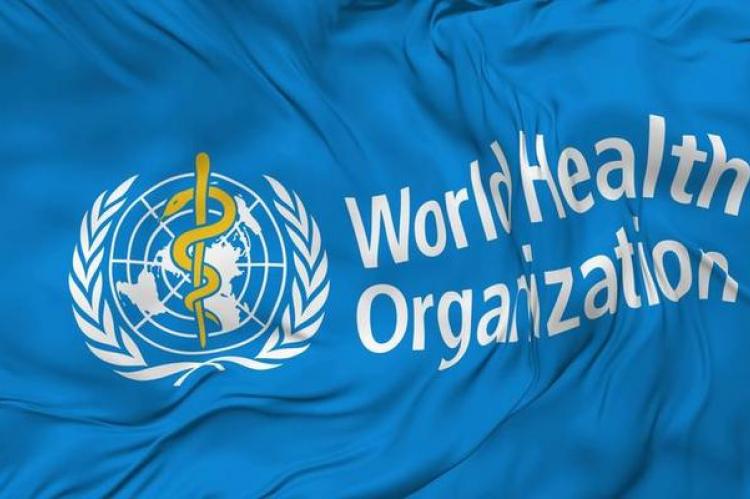"Abandoning Global Health: The Consequences of the U.S. Withdrawal from the WHO"
A closer look at the impact of the U.S.’s radical decision to leave the World Health Organization, uncovering the benefits, risks, and far-reaching consequences for the region and the world.
By: Omar Silva
Editor/Publisher: National Perspective Bz – Digital 2025
Belize City: Tuesday, 21 January 2025
The United States has long been a cornerstone of global health initiatives, providing substantial funding and leadership to the World Health Organization (WHO). However, the announcement by incoming President Donald Trump to withdraw from the WHO marks a seismic shift in global health governance. While the decision is heralded by some as a necessary reclaiming of national priorities, its consequences—both intended and unintended—cast a shadow over global health security. This article explores the good, the bad, and the ugly dimensions of this bold move.
The Good: Reclaiming Sovereignty or Short-Term Gains?
Reduced Financial Burden
By withdrawing, the U.S. may redirect its WHO contributions (approximately $400-$500 million annually) to domestic health initiatives, potentially bolstering underfunded areas like infrastructure and rural healthcare.
Challenging WHO’s Bureaucracy
Critics argue that the WHO’s inefficiency and overreliance on politicized decision-making warrant reform. The U.S.’s withdrawal could serve as a wake-up call for accountability and transparency within the organization.
Focus on Bilateral Health Partnerships
The U.S. could pursue targeted health partnerships with countries of strategic interest, allowing for greater control over where its resources are allocated.
The Bad: Erosion of Global Health Leadership
Loss of Influence
As the largest historical contributor, the U.S. shaped global health policy. Its absence diminishes its ability to lead in areas like pandemic preparedness, vaccine research, and health equity.
Weakened Pandemic Response
The WHO plays a pivotal role in coordinating global responses to health crises. The lack of U.S. support could hinder efforts to contain future pandemics, with ripple effects felt worldwide.
Economic Repercussions
The U.S. healthcare and pharmaceutical industries rely on WHO certification and collaboration for international trade. Withdrawal could complicate market access, reducing competitiveness.
The Ugly: A Global Health Crisis in the Making
Underfunded WHO Programs
The U.S. provided 15-20% of the WHO's budget, funding critical programs like polio eradication, maternal health, and emergency preparedness. Withdrawal leaves these programs vulnerable to collapse, particularly in low-income regions.
Rise of Geopolitical Tensions
China, already a major player in the WHO, could expand its influence further, reshaping the global health agenda in ways that may not align with democratic principles or U.S. interests.
Fractured Multilateralism
This decision undermines trust in multilateral institutions, setting a dangerous precedent for other nations to follow, risking a fragmented approach to global health.
Impact on Vulnerable Populations
Millions of people in developing nations depend on WHO-coordinated initiatives for access to basic healthcare, vaccinations, and disease control. The funding gap left by the U.S. could exacerbate inequalities and worsen global health outcomes.
Regional and Global Implications
Latin America and the Caribbean
These regions, heavily reliant on WHO support for combating diseases like Zika, dengue, and COVID-19, will face significant challenges without U.S. backing for programs.
Africa and Asia
The WHO's presence in these continents is critical for addressing infectious diseases, malnutrition, and maternal health. The U.S. withdrawal could derail progress, with devastating consequences for millions.
Global Health Security
The absence of the U.S. in global health coordination could result in slower responses to health crises, endangering populations worldwide, including within the U.S.
Conclusion: A Call for Global Reflection
The decision to withdraw from the WHO is a double-edged sword. While it may address some domestic concerns and highlight the need for reform, the broader consequences risk undermining decades of progress in global health. As the world faces mounting challenges, from pandemics to climate-driven health crises, multilateral cooperation remains essential. The U.S.’s withdrawal serves as a stark reminder of the fragility of global health systems and the need for robust, collective action.
The question remains: Is this a temporary shift in policy or a permanent retreat from global responsibility? The world must decide how to adapt to this new reality, and the U.S. must weigh its decision carefully, knowing its ripple effects will resonate far beyond its borders.
Call to Action
We invite readers to share their thoughts on this issue. How should the international community respond to the U.S.’s withdrawal? What role can nations and organizations play in filling the void left behind?
- Log in to post comments

